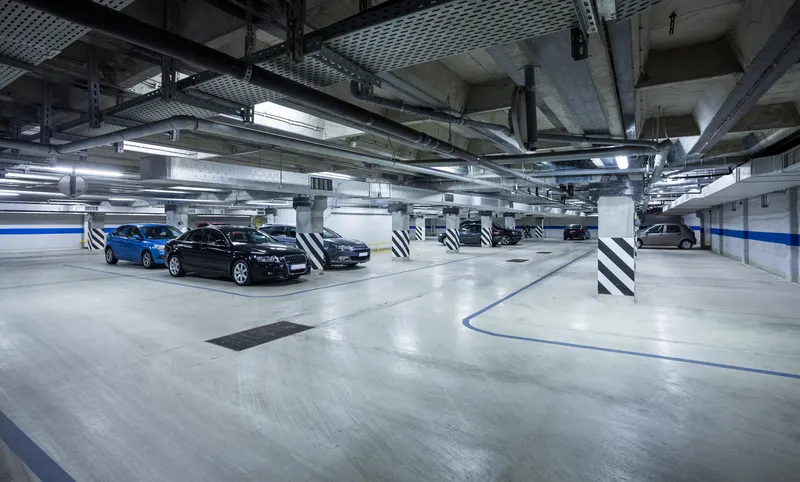
Kapsch TrafficCom has announced that the Spanish city of Málaga is the first European city to test the company’s signalling system and real-time traffic optimiser.
The two-year deal, with the possibility of two annual extensions, will complement tests carried out in other European cities, according to the Kapsch.
"This project also reinforces Málaga's position as an urban laboratory for testing technological initiatives,” said José Del Río, Málaga's councillor for mobility.
The main objective of the demand-management project is to provide vehicle users with alternative routes which should reduce traffic volumes during peak periods or in the case of unforeseen events.
By using variable message signs and a new virtual VMS mobile application - developed by Kapsch - the most appropriate route advice will be displayed and indicated via audio in real-time to the driver of the vehicle when he arrives near a decision point.
The system uses the information from the traffic light system for calculation and decision making to select the most recommended route in every situation.
Kapsch said that the development of the capacity management allows for the use of a real-time traffic optimiser, which modifies the duration of green areas along the route, depending on the traffic conditions detected by a sensor system.
"The agreement we have signed enables the city of Málaga to be a showcase project for the use of demand and capacity management systems, which we will develop, implement and evaluate as part of a ground-breaking proof of concept in Europe," said Juan Marín, Kapsch TrafficCom’s city director for Spain and Portugal.










